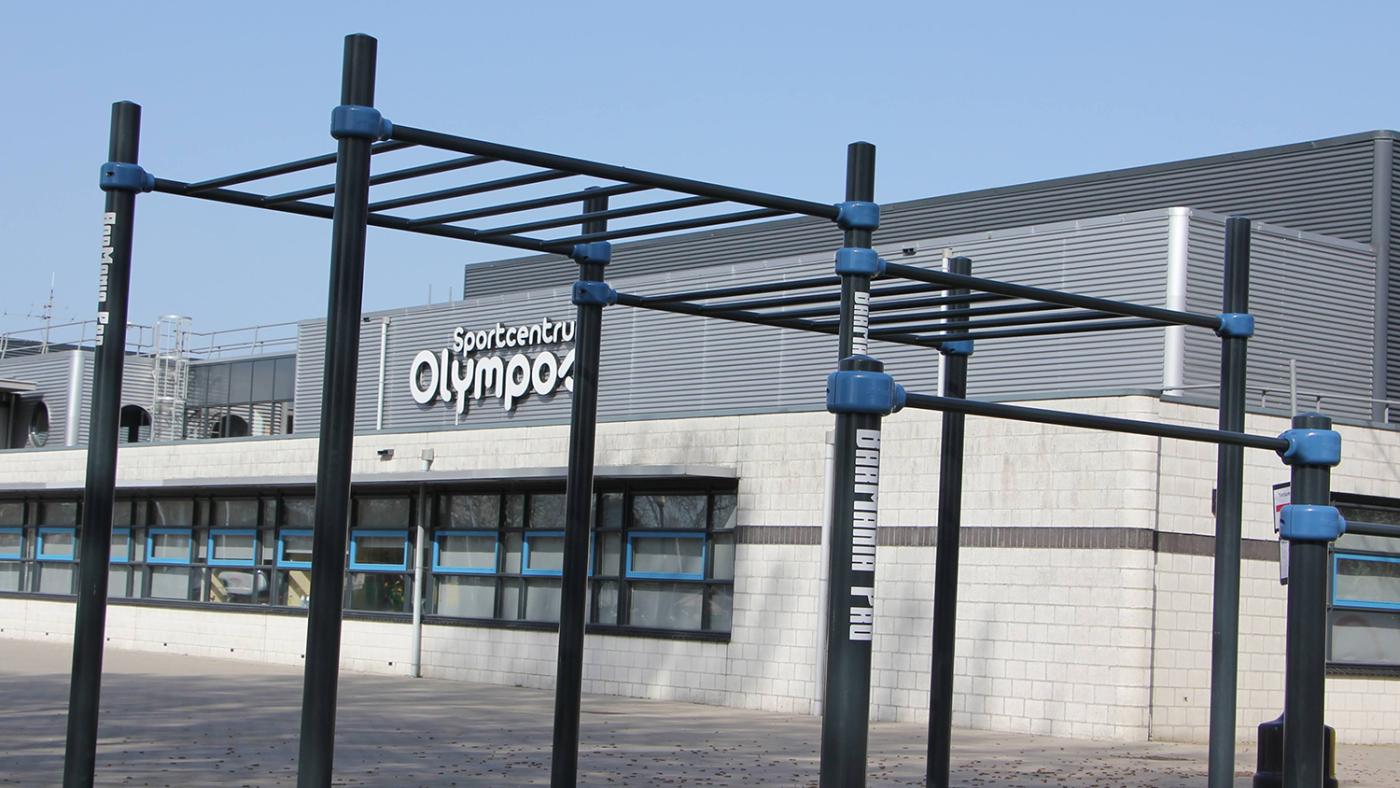Prices must be in line with market
Cabinet puts an end to cheap sports for students and staff

The rule is that public money must not be used to fund private activities. Universities and universities of applied sciences are therefore not allowed to use taxpayers' money to set up commercial services. Otherwise it is 'state aid'.
But there is always a grey area. How strictly do you enforce this principle? The ministry has announced that it will enforce it more strictly. Since last week, much less is allowed than before. From 2026 it will be enforced, the ministry says.
For years, universities and the bigger universities of applied sciences have had their own sports facilities where students and staff can exercise at low cost. They also often have their own theatre, which they can use for free or for a small fee. And canteens are usually cheaper than in the city. DUB has studied what this means for Utrecht University. Among other things, the stricter policy could affect sports in Olympos and courses in Parnassos.
Higher prizes
Catering and sports facilities, for example, are in principle private, the Ministry of Education has written to all MBOs, HBOs and WOs. From gyms to canteens, you are not allowed to make such facilities available to students and staff ‘on a voluntary basis, free of charge or for a small fee', the letter says. So the price will soon have to go up.
The only exception is for bachelor’s students on catering and physical education, who need to learn how to cook and do sports. These universities of applied sciences are allowed to provide these facilities free of charge.
A ministry spokesman explains: “Institutions will be allowed to invest in a sports complex, but then they will have to charge students a market-based rate to play sports there.”
The same applies to cultural facilities, from lecture series to creative courses. They are allowed to offer these, provided they are market-based.
Botanic Gardens
The law does give universities leeway to consider the 'personal development of students'. But, says the ministry spokesperson, what this means in practice has been increasingly framed in recent years. For example, it has been said that sports facilities are not covered.
Now that this is getting through, alarm bells are ringing. Utrecht University, for example, is also worried about the botanical garden and the university museum. If they continue to invest in them, the government may decide to reclaim the money. Board member Margot van der Starre tells DUB: “In the worst-case scenario, the university could be cut off from the state contribution after 2025.”
Oppose
The university association UNL, on behalf of all universities, opposes the new interpretation. “We see these activities as part of our public mission”, said spokesman Ruben Puylaert. This new interpretation could actually lead to the disappearance of facilities. It is not just sports facilities, he warns. It could also affect university museums, the valorisation of knowledge and lifelong learning.
The strict interpretation is also wrong, says UNL. As the then VVD state secretary (and later prime minister) Mark Rutte wrote in 2005, the provision of facilities for students is allowed 'if it serves to create a social bond and a good study climate, and in this way positively promotes study efficiency'.
The Association of Universities of Applied Sciences (Vereniging Hogescholen) agrees. “We are also working on this,” says a spokesperson. “We are particularly concerned about lateral entrants to teacher training. After all, their training is also seen as a private activity, whereas the training of teachers is a public task.”
Questions asked
Opposition parties raise their eyebrows. “It is certainly very strange to introduce a new policy for no reason,” said Jan Paternotte (D66). “But it fits in perfectly with Bruins' policy: to make Dutch higher education as unattractive as possible.” Life is expensive enough for students, he thinks, “and now the cabinet wants to take away student benefits that have benefited generations”.
Luc Stultiens (GroenLinks-PvdA) is also surprised. He immediately tabled parliamentary questions on what he calls excessive market forces. Bruins is overtaking Mark Rutte on the right, he believes. If the minister does not change course, Stultiens wants to know what he will do “to prevent the negative consequences of this decision, such as declining mental health, cultural alienation and a decline in social cohesion”.